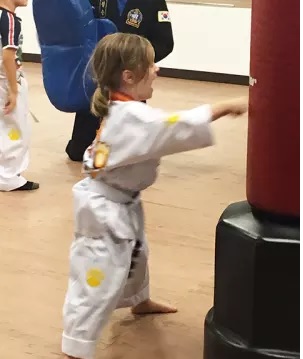
Physical Activity and Academic Success
Posted: April 10, 2019
Every classroom has at least one – an impulsive, disruptive student who is constantly getting in trouble for their behavior. Luckily, there’s an easy solution: physical activity
A new study found that a simple solution for impulsiveness in children is physical activity. Researchers found that the brain controls inhibitory control, which regulates impulsive behavior. Also found was a link between neurocognitive functions relating to exercise. In short, physical activity in schools has a proven, positive influence on impulsive actions.
Think of exercise as medication. It’s known that executive functions such as sequencing, memory and prioritizing are necessary skills to not only be successful in school, but life. Put simply, physical activity can prime the brain for learning in school.
Another familiar refrain from some students is, “Why try? I already know I can’t do it.” This negative attitude or inability to push past previous failures is common in too many students.
Physical activity in school is a remedy for these attitudes too. Physical activity produces endorphins that regulate mood, pleasure and pain. A positive mood can contribute to an “I can do it” attitude, which goes a long way as students approach new tasks as challenges, not obstacles.
Elementary students who play sports are more likely to become active teens who, in turn, are more likely to become active adults. Being active, according to the World Health Organization, is one of the most important ways to prevent heart disease, stroke and diabetes – to name a few. But more and more, the opportunity to find that positive physical activity in school is limited.
If your student is struggling to behave or focus in school, enrolling them in Choi Kwang Do may offer that necessary, positive physical activity. Not only does the non-contact sport support discipline and concentration, but your student’s new, positive attitude can help them have the best school year yet.